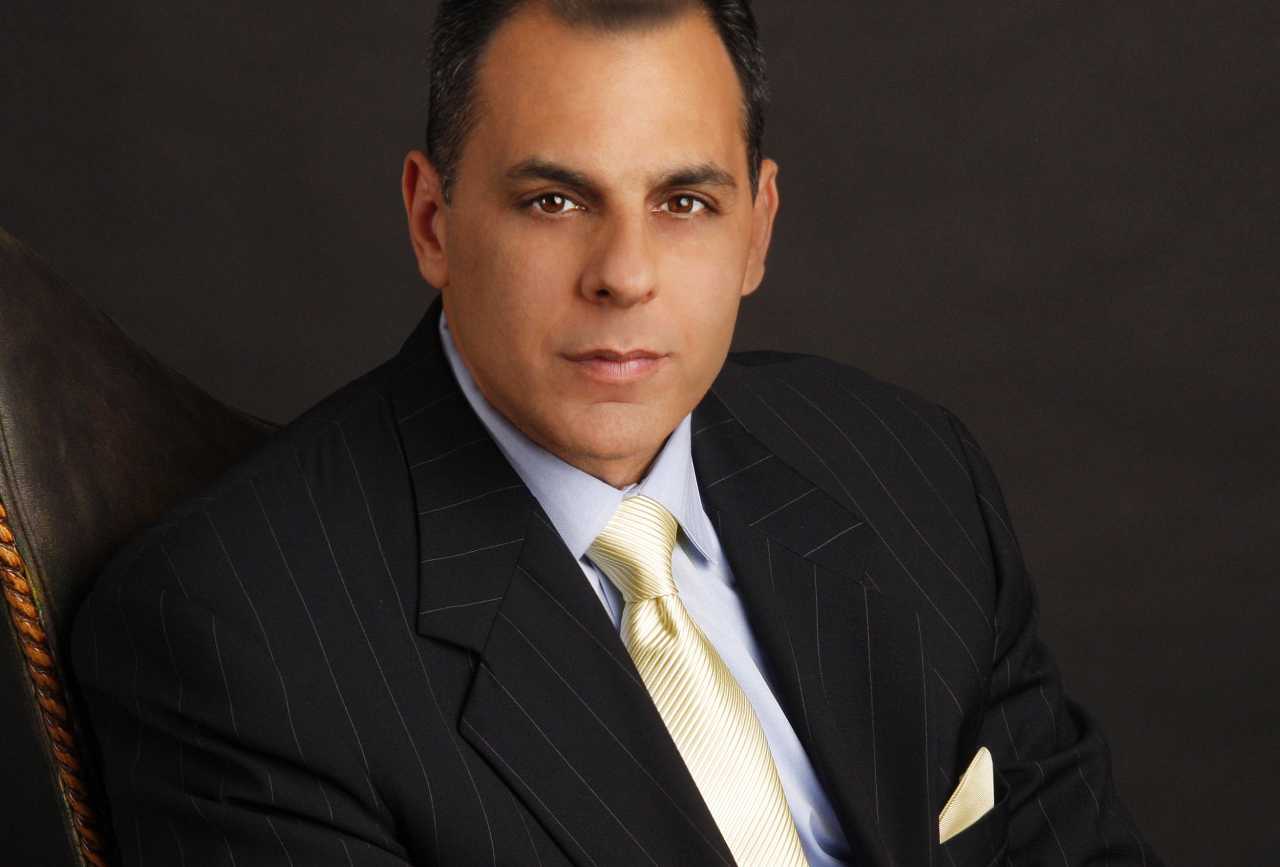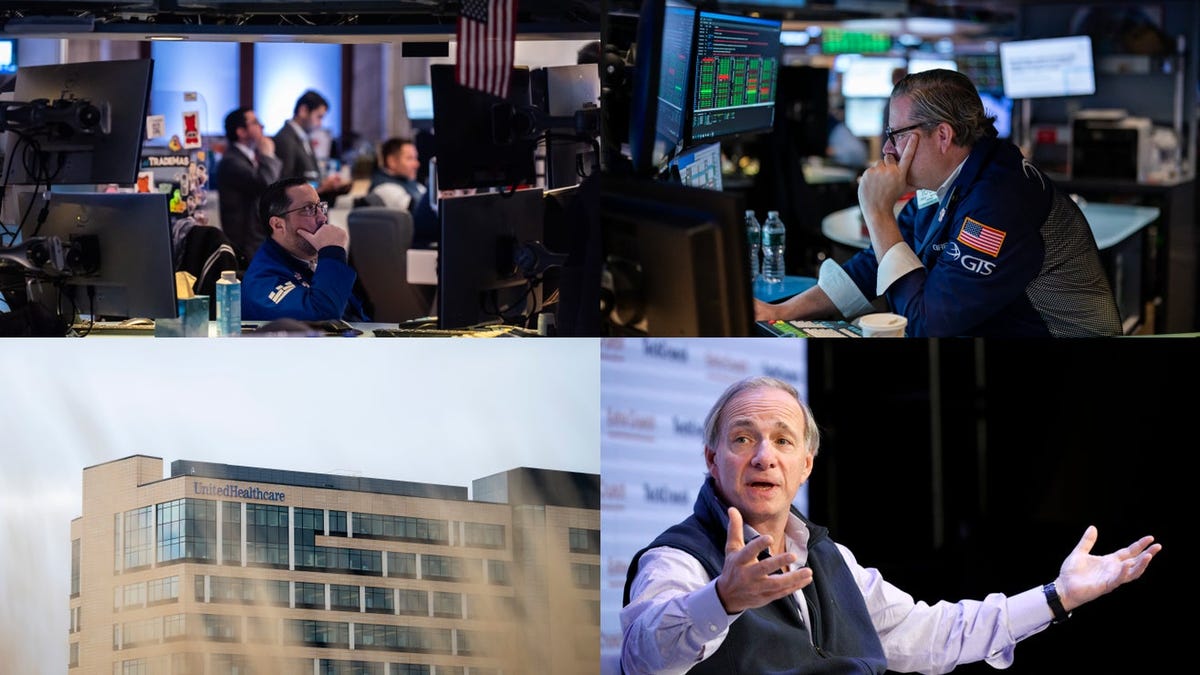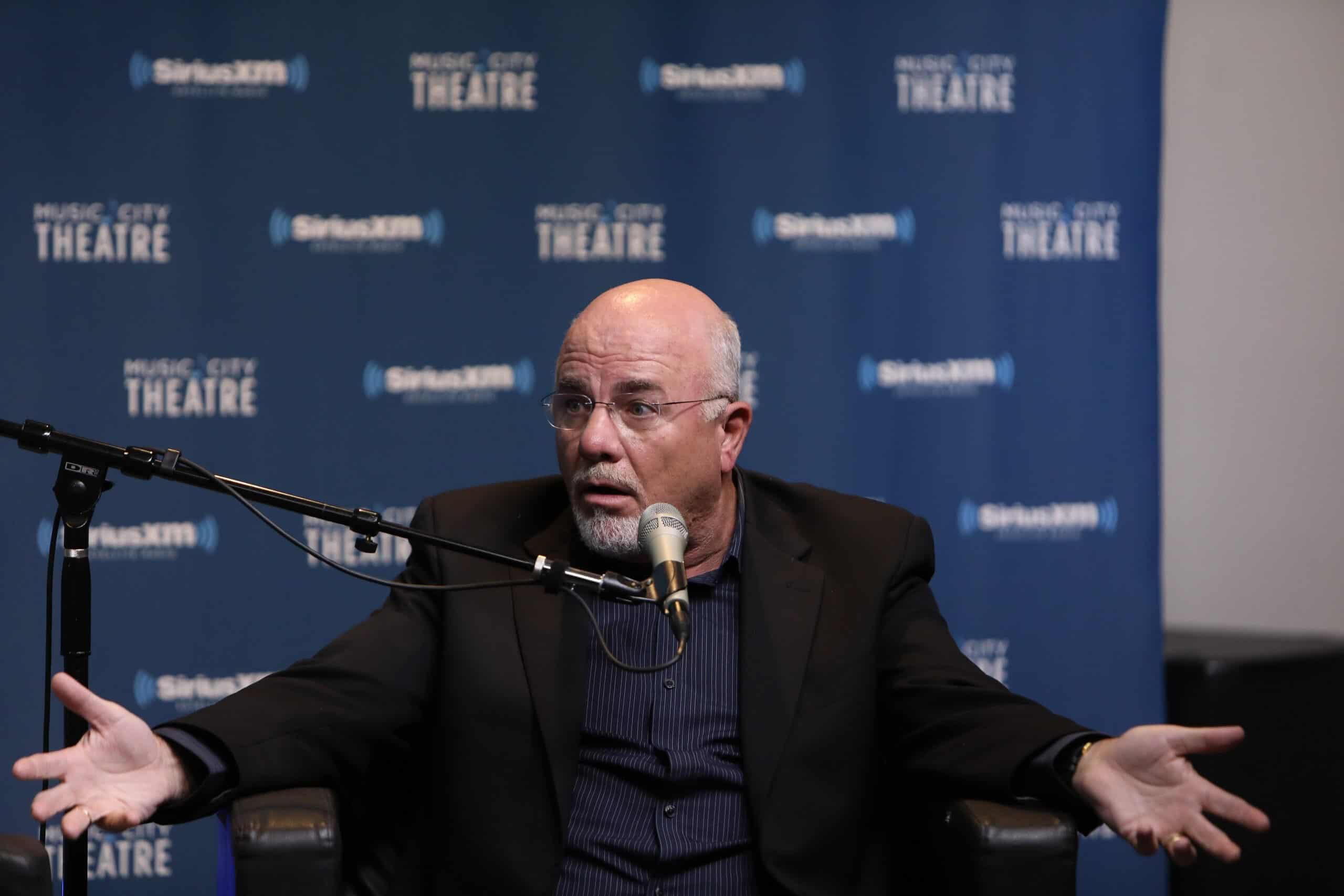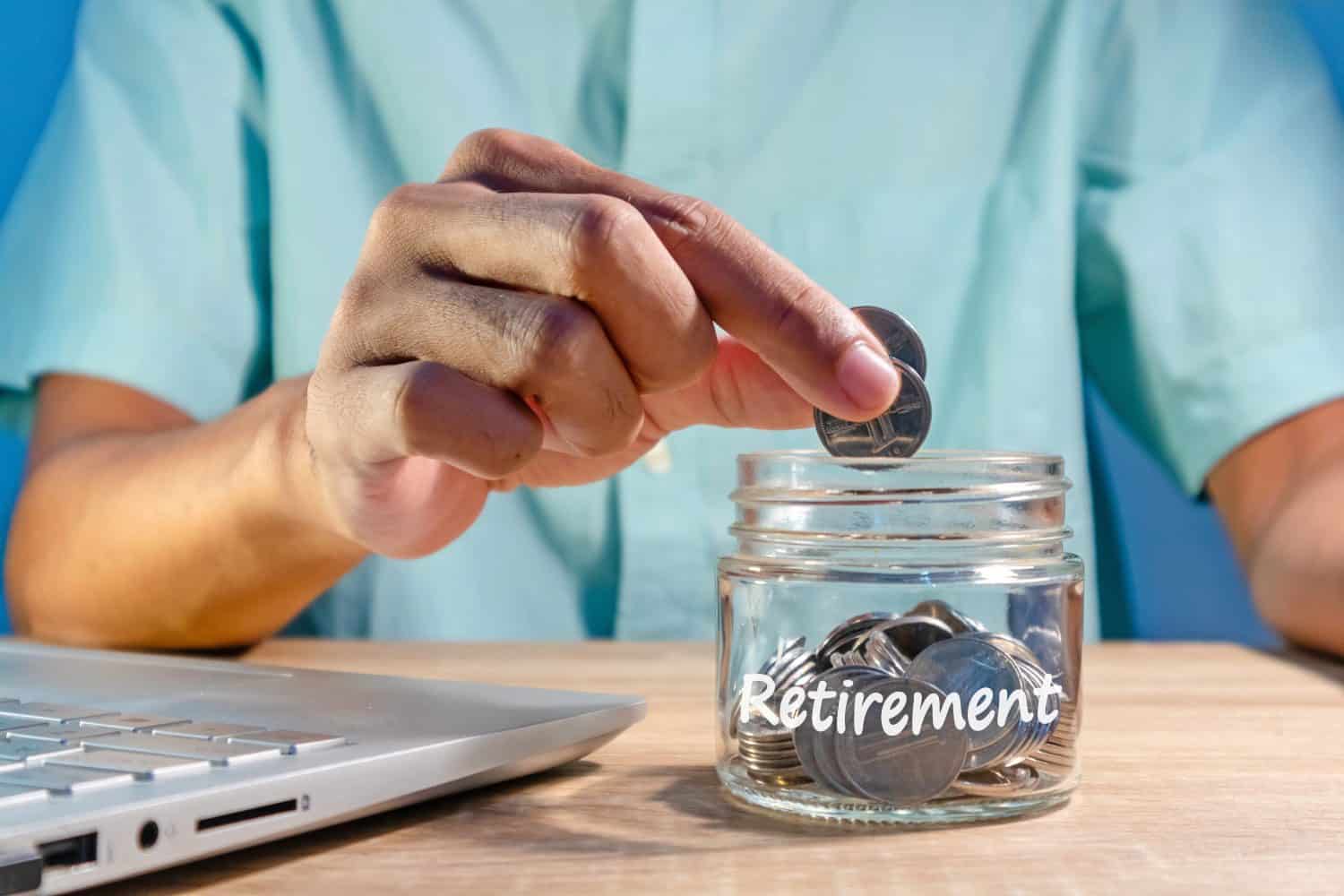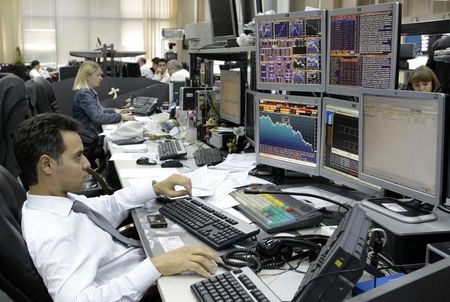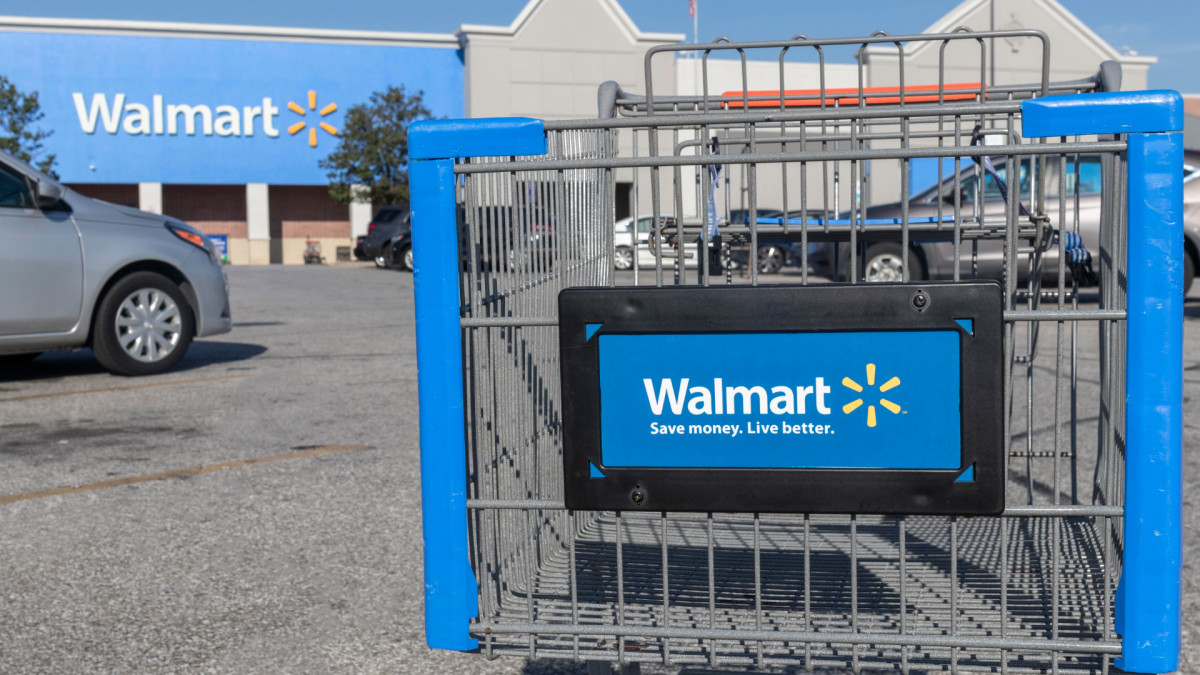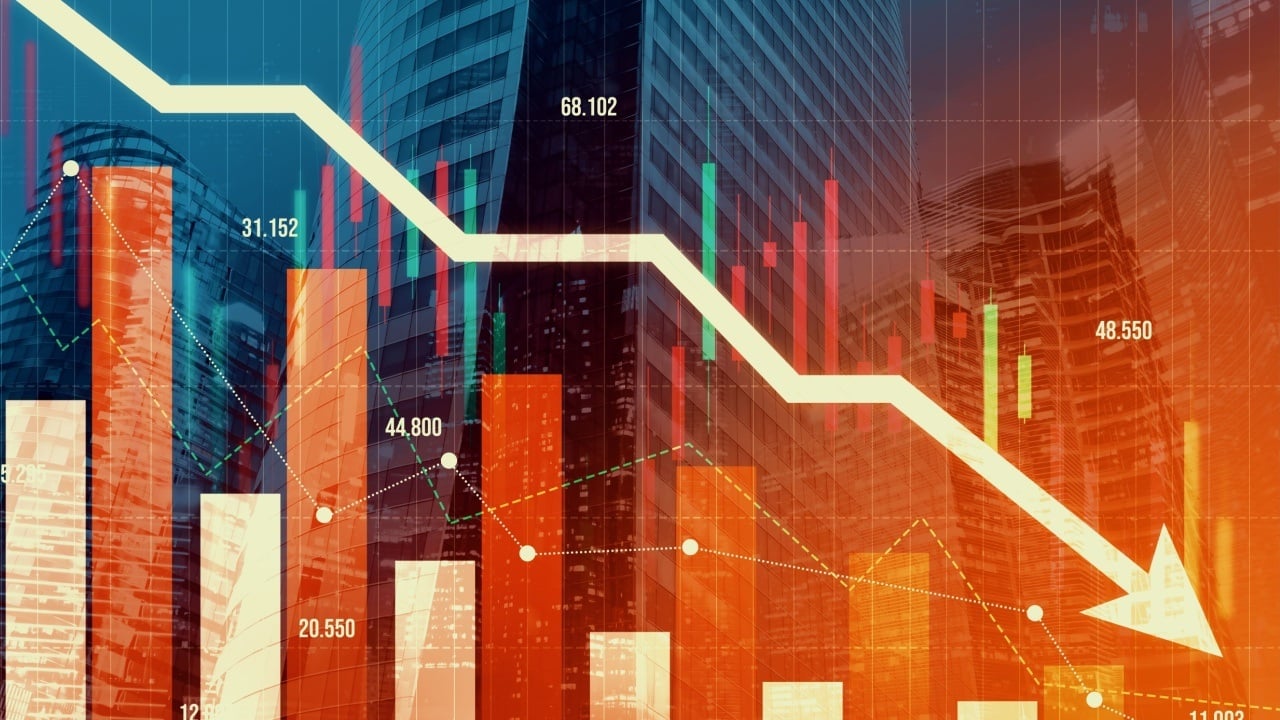I’m looking to retire soon and am worried about my inability to not make bad investment decisions once I do
It’s perfectly normal to feel a bit uncertain as to how to manage the finances as one begins to wind down for retirement. Undoubtedly, if one hasn’t been a seasoned investor throughout their working lives, perhaps contributing to a 401(k) and forgetting about it while letting active management take care of the rest, one may […] The post I’m looking to retire soon and am worried about my inability to not make bad investment decisions once I do appeared first on 24/7 Wall St..

It’s perfectly normal to feel a bit uncertain as to how to manage the finances as one begins to wind down for retirement. Undoubtedly, if one hasn’t been a seasoned investor throughout their working lives, perhaps contributing to a 401(k) and forgetting about it while letting active management take care of the rest, one may lack the know-how to shift gears and re-allocate investments within their nest egg. For these such folks, a financial planner is worth almost any fee you’ll end up paying.
In this piece, we’ll consider the case of a near-retiree who’s feeling anxious about the financial transition as they shift from a working life to a retired life. Given he’s posting on the r/fatFIRE subreddit, his net worth is likely considerable.
And while there’s definitely still a spot for equities, including “higher growth” equities, excessive risk-taking should be avoided, even if it means missing out on a shot to capture the next Nvidia (NASDAQ:NVDA), Palantir (NASDAQ:PLTR), and anything similar.
Key Points
-
Bad investments can really make a retirement nest egg go bust. But there are steps to safeguard one’s retirement.
-
4 million Americans are set to retire this year. If you want to join them, click here now to see if you’re behind, or ahead. It only takes a minute. (Sponsor)
Reassessing risk when moving into a “fat” early retirement
If you’ve got a large enough nest egg to sustain a “fat” FIRE (that’s the highest tier of early retirement), you probably don’t need the added shot in the arm anyway. Either way, you don’t want to take on so much risk that you’ll have to downgrade from a fat FIRE to a moderate one, a lean one, or worse, have to head back to work to accumulate enough capital to fund a retirement closer to 65.
As the Oracle of Omaha once put it, “It’s insane to risk what you have for something you don’t need.”
In any case, this Redditor who’s looking at a 3-4% withdrawal rate should seek to diversify their portfolio while aiming for an asset allocation that fits their unique needs and risk profile. Again, if there’s no advisor, bringing one into the loop could prove wise to get a better gauge of where the soon-to-be retiree should aim to be and a sound plan on how they can get there.
Personal experience may weigh on risk tolerance.
The Reddit user personally knows of those who lost their shirt in retirement due to failed investments in businesses. It’s not clear exactly what they invested in. Either way, whether it be risky securities or a big bet on a startup, the key is not putting oneself in a position to have to take such a hit, even with those “opportunities” that seem like a “sure thing.” Where there are outsized returns, there are sure to be outsized risks—something a retiree is to avoid like the plague.
This traumatic second-hand experience may cause the Reddit user to err on the side of caution, perhaps warranting a portfolio that’s more heavily tilted toward bonds over stocks.
Either way, I’d suggest the Reddit user consider a broader index exchange-traded fund (ETF) that, while choppy, is highly unlikely to implode by a magnitude that would cause one to have to “start all over.” Of course, the stock market crash of 1929 did see catastrophic losses for stocks, but pending such a depression-like scenario, I do think that having a good chunk allocated to stocks is a must for something like the “4% rule.”
The bottom line
At the end of the day, a financial planner can help this Redditor retire and stay retired, even in the face of an eventual market sell-off. As such, there’s no need to worry that one will follow the fate of their friends who had to return to work after significant investment losses. One can learn a great deal from the mistakes of others—it appears this Reddit user already has, given the cautious stance as they enter early retirement.
The post I’m looking to retire soon and am worried about my inability to not make bad investment decisions once I do appeared first on 24/7 Wall St..





















